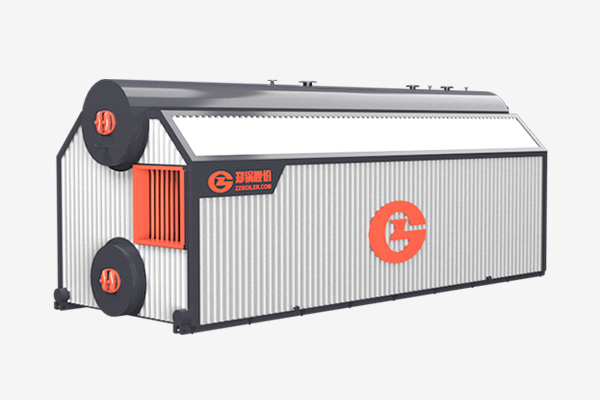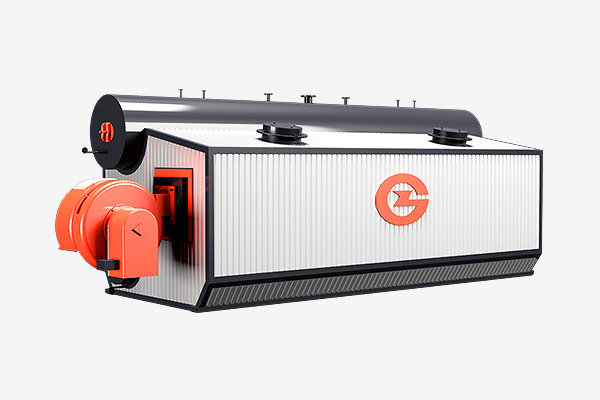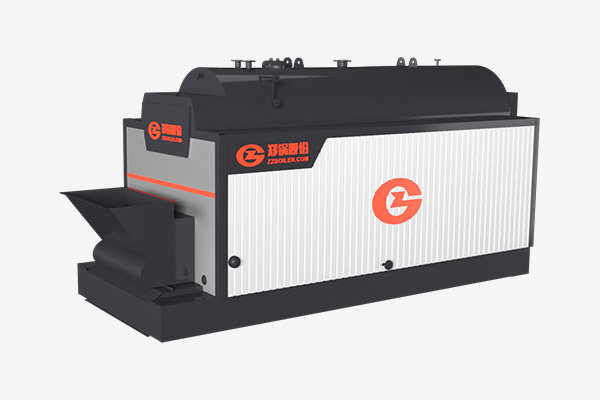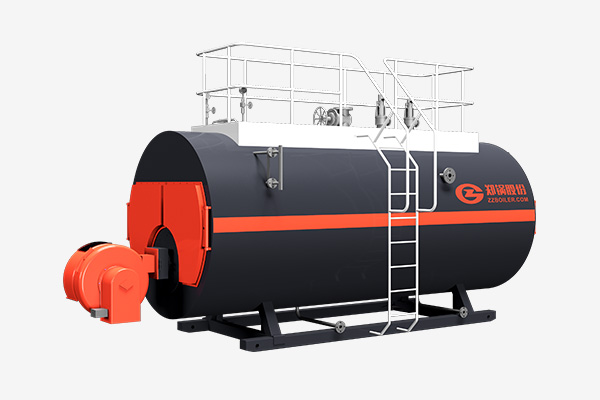Biomass Based Boiler for Electricity and Heat
2016-03-09 08:56:38Biomass is a popular renewable energy used in industrial applications and power plants in recent years. Biomass combustion boilers are widely used for electricity and heat.
Biomass-based generators: Vegetable oils, such as jatropha, can replace diesel in diesel generators to produce electricity for off-grid applications or independent mini-grids.
Biomass-based power plants: The heat produced by direct biomass combustion in a boiler can be used to generate electricity via a steam turbine or engine. The electrical efficiency of the steam cycle is not high but it is currently the cheapest and most reliable route to produce power from biomass in stand alone applications.
Biomass-based cogeneration (CHP) plants: Co-generation is the process of producing two useful forms of energy, normally electricity and heat, from the same fuel source. Co-generation significantly increases the overall efficiency of a power plant (and hence its competitiveness) if there is an economic application for its waste heat. In the case a good match can be found between heat production and its demand, combined heat and power (CHP) plants, also called cogeneration plants, can have overall (thermal + electric) efficiencies in the range of 80-90%. The process of using the heat from biomass combustion for industrial processes (e.g. for drying of products such as tiles), is well established in some industries, e.g., pulp and paper, sugar mills, and palm oil mills.)
Waste-to-energy plants based on Municipal Solid Waste (MSW): Municipal solid waste (MSW) is a very diverse and usually heavily contaminated feedstock, requiring robust technologies and strict controls over emissions, increasing the costs of waste-to-energy facilities, leading to MSW remaining a largely unexploited energy resource despite its significant potential in most countries.
For all inquiries, please fill in the form below (* are required) to send us a brief message, and we will get back to you as soon as possible.



